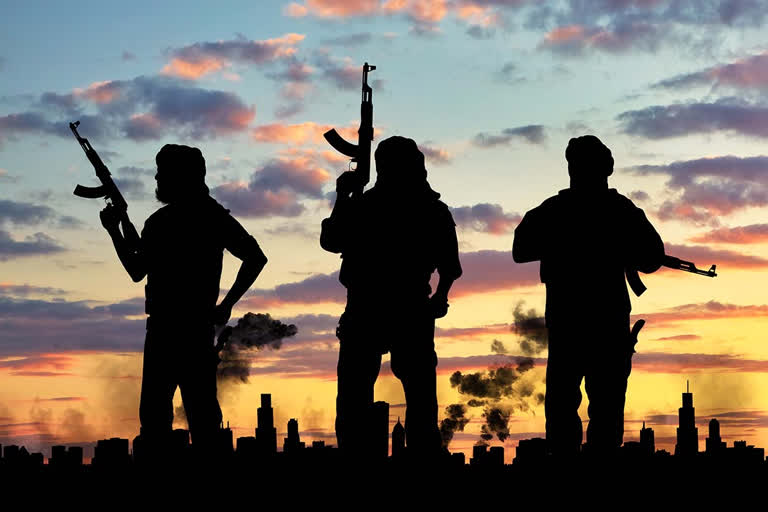Rome: October arrives and with it the usual Sword of Damocles hanging on Pakistan's head: the FATF meeting. The organisation has to decide if Pakistan should be excluded from its grey list, based on a review of Islamabad's performance to meet global commitments and standards on the fight against money laundering and terror financing.
In August, Imran Khan had warned that if blacklisted, Pakistan's entire economy will be destroyed due to inflation and a massive fall in the Pakistani Rupee, and his government had passed the umpteenth bill imposing financial sanctions on 88 terror groups and on Mohammed Hafiz Saeed, Masood Azhar and even the mafia don (and note, Pakistan always denied his presence in the country) Dawood Ibrahim.
The sanctions, to be fair, have been imposed a number of times, while immediately after their imposition the Pakistani mission in New York was applying for permission to de-freeze the bank accounts of Masood Azhar and Mohammed Hafiz Saeed because, poor fellows, they needed money to support their families. Pakistan was placed on the Grey List by the FATF in June 2018 for its failure to curb the funnelling of funds to terror groups like LeT and JeM and was given a plan of action to complete by October 2019.
The FATF plenary had then noted that Pakistan addressed only five out of the 27 tasks given to it in controlling funding to terror groups and strongly urged Pakistan to complete its full action plan by February 2020. In February, the FATF gave Pakistan, which missed 13 targets, a four-month period to complete its 27-point action plan. But in June, due to the COVID-19 pandemic, the FATF decided to postpone the evaluation and to keep Pakistan on the grey list because anyway Islamabad failed to check the flow of money to terror groups like Lashkar-e-Taiba (LeT) and Jaish-e-Mohammed (JeM). And the situation, despite the usual cosmetic measures, is not improved. Quite the opposite, in fact.
Read:|Pakistan submits initial report to FATF ahead of plenary meet
In August and in September Islamabad amended 15 laws and passed four bills to meet the international standards required by the FATF, and sent a report to the review team detailing the compliance with the 13 points in which the country was failing. But the FATF should keep in mind, once for all, that reality on the ground is much, much different from what it is written on paper. "Jaish-e-Mohammed (JeM) and Lashkar-e-Taiba (LeT) facilitate the trafficking of terrorist fighters into Afghanistan, who act as advisers, trainers and specialists in improvised explosive devices. Both groups are responsible for carrying out targeted assassinations against government officials and others," so stated a UN Security Council report not so long ago, maintaining that both LeT and JeM are still sharing training camps with Taliban.
The same report of UN Security Council, clearly stated: "Relations between the Taliban, especially the Haqqani Network, and Al-Qaida remain close, based on friendship, a history of shared struggle, ideological sympathy and intermarriage. The Taliban regularly consulted with Al-Qaida during negotiations with the United States and offered guarantees that it would honour their historical ties." That Pakistan controls Haqqani Network is no secret, and even children know that JeM, LeT and Taliban are all ISI creatures. And, according to sources, for more than a year Taliban are regrouping in Pakistan and being allotted again areas of influence as denounced many times by local citizens and members of PTM.
